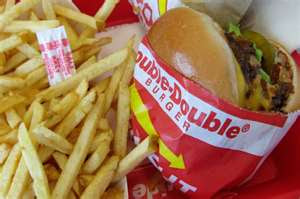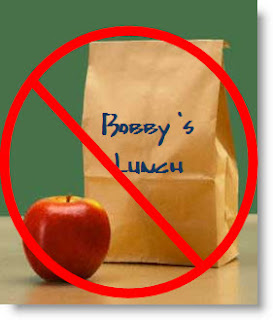Video: Spices of Life - Welcome to Food Day
We hope you enjoyed our week long series devoted to covering food related issues in celebration of National Food Day! Remember, to celebrate healthy food & healthy living this Monday, October 24 and hopefully continue all year long!
For our weekly Friday video series post, we present this Introduction to Food Day video:
Probably many of you are familiar with the Center for Science in the Public Interest or CSPI : Founded in the early 70's, CSPI has become the leading consumer activist agency in the U.S regarding nutrition, health, food safety, alcohol safety and sound science. Or perhaps you know its Its award-winning newsletter, Nutrition Action Healthletter, with some 900,000 subscribers in the United States and Canada, the largest-circulation health newsletter in North America.
Michael Jacobson, it's founder has come up with a brilliant idea:- day styled after Earth day called "FOOD DAY" on October 24th this coming fall. It's hoped it will be a day when thousands of events in schools, college campuses, houses of worship, and even in private homes will be aimed at" fixing America's food system". According to the organizers, a Food Day event could be as small as a parent organizing a vegetable identification contest at a kindergarten class—or as massive as a rally in a city park, with entertainment and healthy food.
I like to think it will be a day when all kinds of people working in parallel universes from farmers, chefs, teachers, and politicians will come together with a common goal: t to bring awareness to improving the food and diet in the U.S.
Spices of Life asked Michael Jacobson, CSPI's founder to give you an introduction, so please give him a listen.
Enjoy!!




